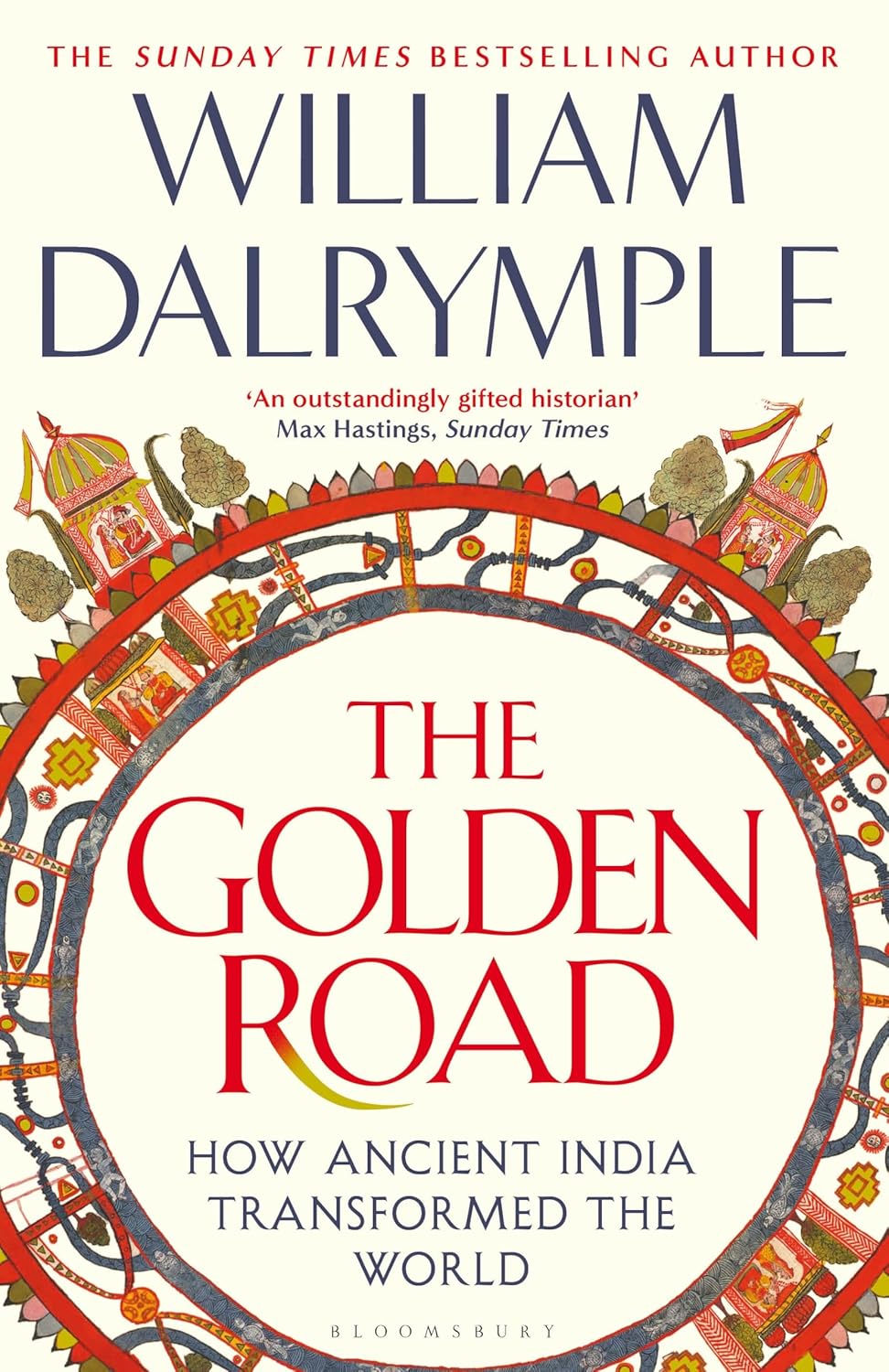
The Golden Road: How Ancient India Transformed the World
William Dalrymple
Highlights
By the end of the first century, Indian pepper became almost as readily available as it is today. Eighty per cent of the 478 recipes included in the Roman cookbook of Apicius included pepper, and it appears regularly even in the pudding section.
Chess had been part of the Persian courtly world since, according to Ferdowsi’s epic poem The Shahnameh, an emissary from Xuanzang’s patron King Harsha of Kannauj challenged the intellectuals of Sasanian Persia to a game. Whether the story is true or not, chess was in origin an Indian game, initially known as caturanga, its name being a reference to the ‘four limbs’ of an Indian army – soldiers, cavalry, chariots and elephants. It became popular in Persia and Mesopotamia as shatranj, with slightly altered rules and pieces. Many of the pieces are still known in the west today by their Persian names, such as the rook, which derives from the Persian word rukh, meaning chariot. Likewise, the cry ‘checkmate!’ is actually the Persian Arabic Shah Maat, literally ‘the King is Dead’.
Khwarizmi’s most famous book was The Compendious Book of Calculating by Completion and Balancing, According to Hindu Calculation. The book, popularly known as Kitab al-Jabr, was a landmark in the history of mathematics, and established algebra as an independent discipline in the Islamic world: indeed, the English word algebra derives from its title.90
‘There was once a city of the blind. One day the news came that an elephant was passing outside the city, so the townsfolk decided to send a delegation to report back as to what an elephant was. Three men left and stumbled forwards until they found the beast. They felt the animal and headed back to report. The first man said: “An elephant is like a vast snake!” The second man was indignant at hearing this: “What nonsense!” he said. “I felt the elephant and what it most resembles is a huge pillar.” The third man shook his head and said: “Both these men are liars! I felt the elephant and it resembles a broad, flat fan.” All three men stuck by their stories and for the rest of their lives refused to speak to each other. Each professed that they and only they knew the truth. ‘Of course all three blind men had a measure of insight. The first felt the trunk of the elephant, the second the leg, the third the ear, but not one had begun to grasp the totality or the greatness of the beast. If only they had listened to one another, they might have grasped the true nature of the beast. But they were too proud and preferred to keep to their own half-truths. “So it is with us,” say the Sufis. “We see the Almighty one way, the Jews have a slightly different conception and the Christians a third. To us, all our different visions are irreconcilable. But what we forget is that before God we are like blind men stumbling around in total darkness …” ’
